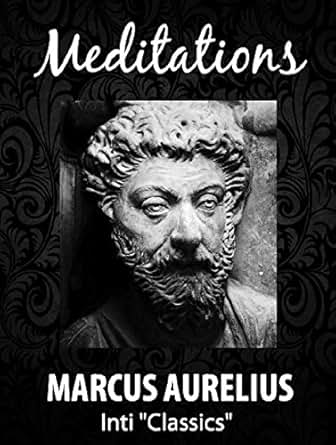
Rather than fear the unknown, he should attend urgently to remaining on the path of virtue, allowing his reason to guide him. Nature’s mysteries, chief among them death, cannot be understood by humans. Nothing outside of himself can define his true nature or cause him anxiety. Marcus writes that if he focuses on others’ behavior or the desire for praise, he will be distracted from the pursuit of virtue. It is futile to fight what is inevitable or to worry about what others think since one cannot control such things-what matters most is that one lives virtuously.īook 4 is about the importance of the inner life.

By submitting everything to rigorous examination through reason, humans can derive a deep understanding of the true nature of things. Humans should develop their capacity for reason, safeguard their integrity, and maintain good will towards others.

Similarly, he should not fear death because it is inevitable and nothing that is determined by the gods should be resented.īook 3 contemplates the transience of life and the importance of living virtuously. He cannot be harmed by others’ bad actions and he should not harm others because this would be harmful to his own soul. He writes that all people are part of the same divine Whole, which governs the world and works for the benefit of all. He reflects that he is composed of body, spirit, and mind, with the mind and its capacity for reason being the only element of lasting importance.

Marcus credits the gods for surrounding him with virtuous family and friends and for preventing him from making grievous mistakes.īook 2 was written during a military campaign and incorporates themes that Marcus returns to across his Meditations. In Book 1, Marcus describes the virtues he has learned and gifts he has received from seventeen pivotal figures in his life, from family members and teachers to the gods. Meditations is divided into twelve books, which are subdivided by what are conventionally called chapters, though they may be no longer than a sentence or sentence fragment. This study guide refers to the 2006 Penguin Classics edition translated by Martin Hammond.


 0 kommentar(er)
0 kommentar(er)
